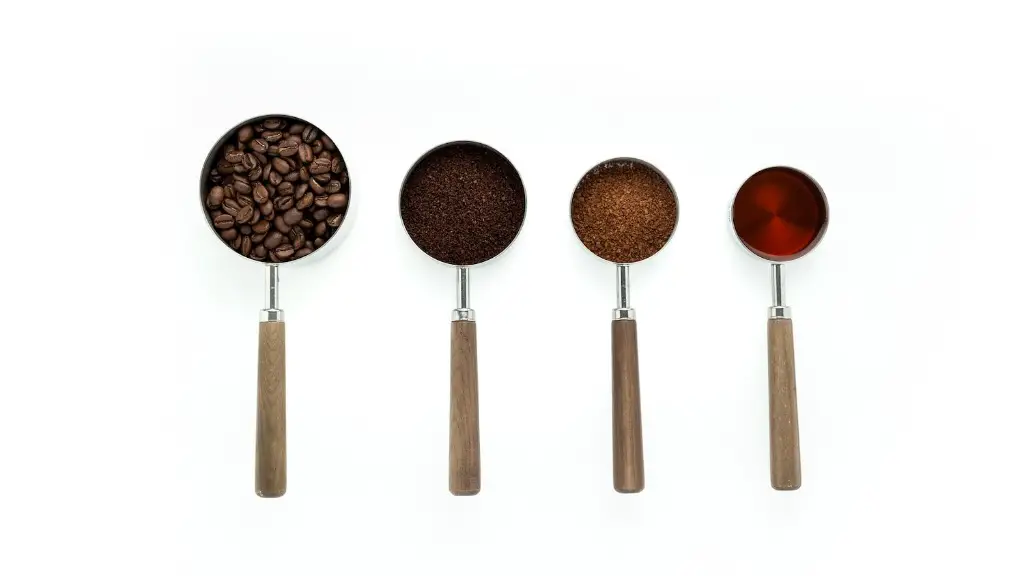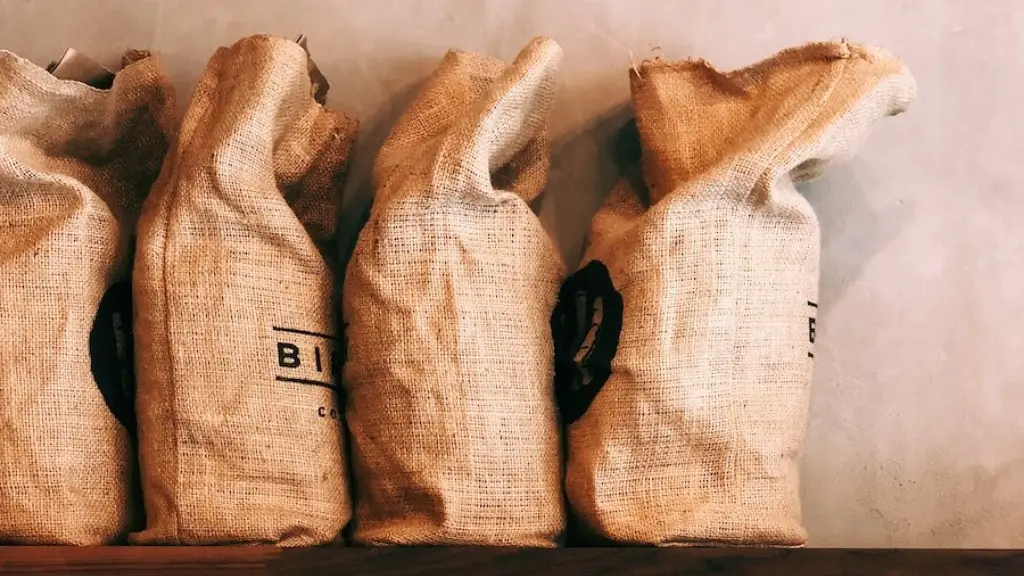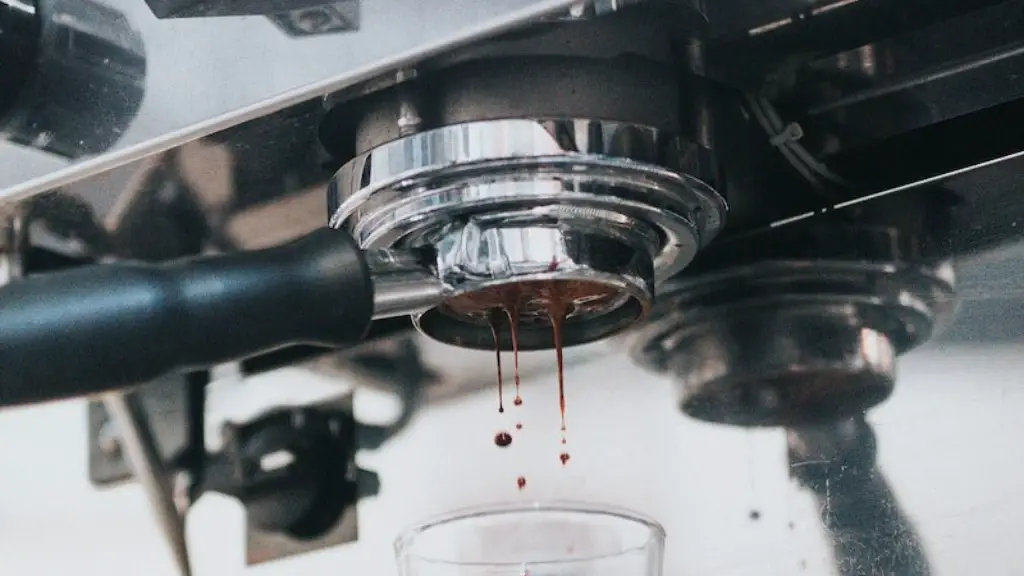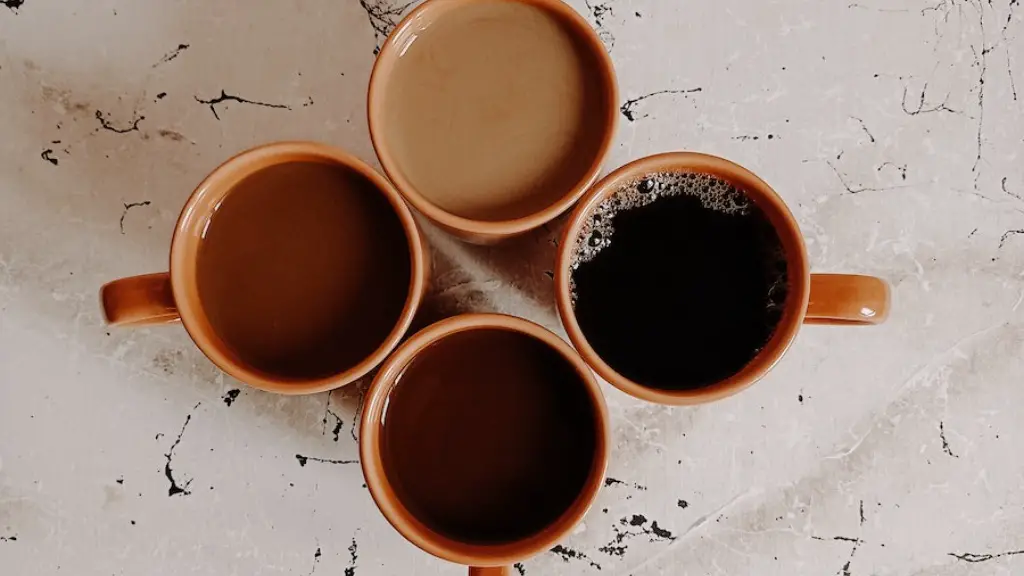Most people are aware that drinking coffee can have an impact on the heart and its functioning, but the question of whether you can drink coffee before an echocardiogram is less well known. An echocardiogram, also known as an Echo, is a special type of ultrasound scan of the heart, often used to diagnose heart conditions and for assessing the effects of heart disease. As such, it is important to know how drinking coffee might affect the results of an Echo.
Caffeine, the active ingredient in coffee, is a stimulant which can increase heart rate and blood pressure. It is therefore understandable that doctors might be concerned that drinking coffee before an Echo could give inaccurate results and should be avoided if possible. However, most experts now agree that drinking coffee a few hours before an Echo is unlikely to affect the results, as the body has plenty of time to metabolize the caffeine.
Most doctors advise patients to avoid caffeine for the four to six hours prior to the procedure, just to be on the safe side. This gives the body plenty of time to metabolize the caffeine before the Echo, meaning that the results of the scan should be accurate. It is also a good idea to avoid caffeine on the day of the appointment, as stimulants can interfere with the accurate recording of heart rate or blood pressure.
That said, it is important to note that some people metabolize caffeine at different rates. For those who metabolize caffeine more quickly, the four hour limit may not be necessary. It is therefore advisable to speak to a doctor or healthcare professional to determine the best course of action for each individual.
If a patient does choose to drink coffee before an Echo, it is important to be aware of the potential risks. Caffeine can increase blood pressure and heart rate, meaning that there is some chance that the results of the Echo may not be accurate. In addition, drinking too much coffee can lead to dehydration, which can have an impact on the accuracy of the results.
In conclusion, most doctors advise patients to avoid drinking coffee before an Echo, as it can interfere with the accurate recording of heart rate and blood pressure. However, drinking coffee a few hours before is unlikely to affect the results, as the body has plenty of time to metabolize the caffeine. It is still advisable to speak to a doctor or healthcare professional to determine the best course of action before drinking coffee prior to an Echo.
Effects on Blood Pressure and Heart Rate
The effects of caffeine on the body are well known, but they can vary considerably from one individual to the next. Caffeine is a stimulant which can increase heart rate and blood pressure, both of which can have an impact on the results of an Echo if not metabolized sufficiently before the procedure. It is therefore advisable to avoid caffeine for at least four hours beforehand to allow the body time to metabolize the caffeine.
In addition, some people’s response to caffeinated drinks may be amplified, meaning that there is a greater chance of the caffeine having an impact on the results of the Echo. Therefore, it is important to be aware of any potential risk of elevatedheart rate and blood pressure when drinking coffee before an Echo. Additionally, if a patient has a history of heart problems or high blood pressure, it is important to seek advice from a doctor or healthcare professional before drinking coffee before an Echo.
Optimal Nutrition and Hydration
Nutrition and hydration can also play a role in the accuracy of the results of an Echo. In general, fatty and sugary foods should be avoided before tests such as an Echo, as they can interfere with the accuracy of the results. Additionally, dehydration can also have an impact, as it can lead to an inaccurate heart rate or blood pressure measurement.
Therefore, it is important to ensure that patients are well hydrated before an Echo. This can be done by drinking plenty of water in the hours preceding the Echo and avoiding drinks that are known to be dehydrating, such as caffeinated drinks. In addition, it is a good idea for patients to eat a healthy and balanced diet in the days preceding the Echo to ensure that their body is in optimal condition.
Underlying Health Conditions
It is important to be aware of any underlying health conditions which could affect the results of the Echo. Heart conditions such as arrhythmia and congestive heart failure can both interfere with the accurate recording of the results. Therefore, it is important to speak to a doctor or healthcare professional before drinking coffeebefore an Echo if a patient has any underlying health conditions.
Additionally, it is important to be aware of any medicines or supplements which a patient may be taking. Some medications or supplements can interact with caffeine and interact with other substances in the body, meaning that they could be a contributing factor to an inaccurate result. Therefore, it is important to speak to a doctor or healthcare professional before drinking coffee if a patient is taking any medication or supplement.
Possible Side Effects
Caffeine can have side effects, even in moderate doses. In particular, drinking too much coffee can lead to headaches, dizziness, insomnia, and other symptoms of overstimulation. While these effects are usually temporary and not particularly serious, they can be uncomfortable or disruptive and should be taken into account when considering drinking coffee before an Echo.
That said, it is important to remember that everyone reacts differently to caffeine and that some people can cope with larger doses than others. It is therefore advisable to take into account the individual’s reaction to caffeine and adjust consumption accordingly. Additionally, it isimportant to speak to a doctor or healthcare professional if any of these symptoms become severe or prolonged.



